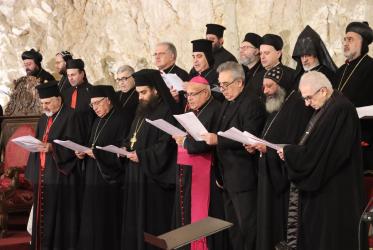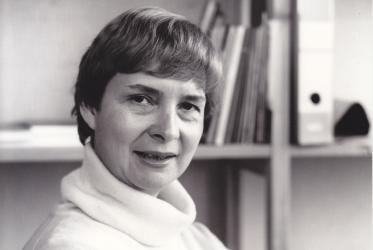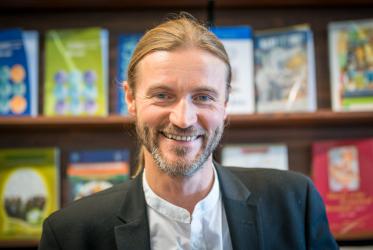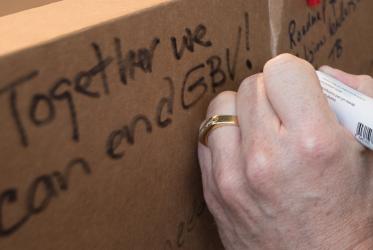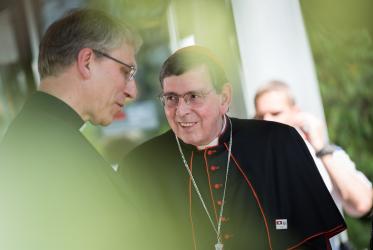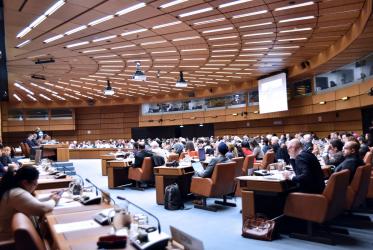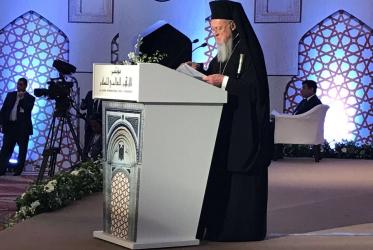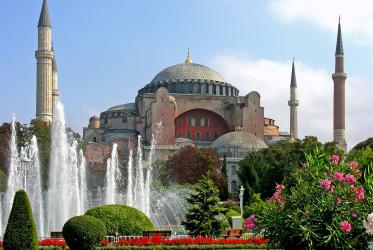Displaying 1 - 20 of 27
WCC remembers lost colleagues
24 May 2019
WCC mourns lost staff member in Ethiopian Airlines crash
11 March 2019
Turning plans into action to prevent incitement to violence
14 February 2018
Ecumenical Patriarch visits WCC
24 April 2017
